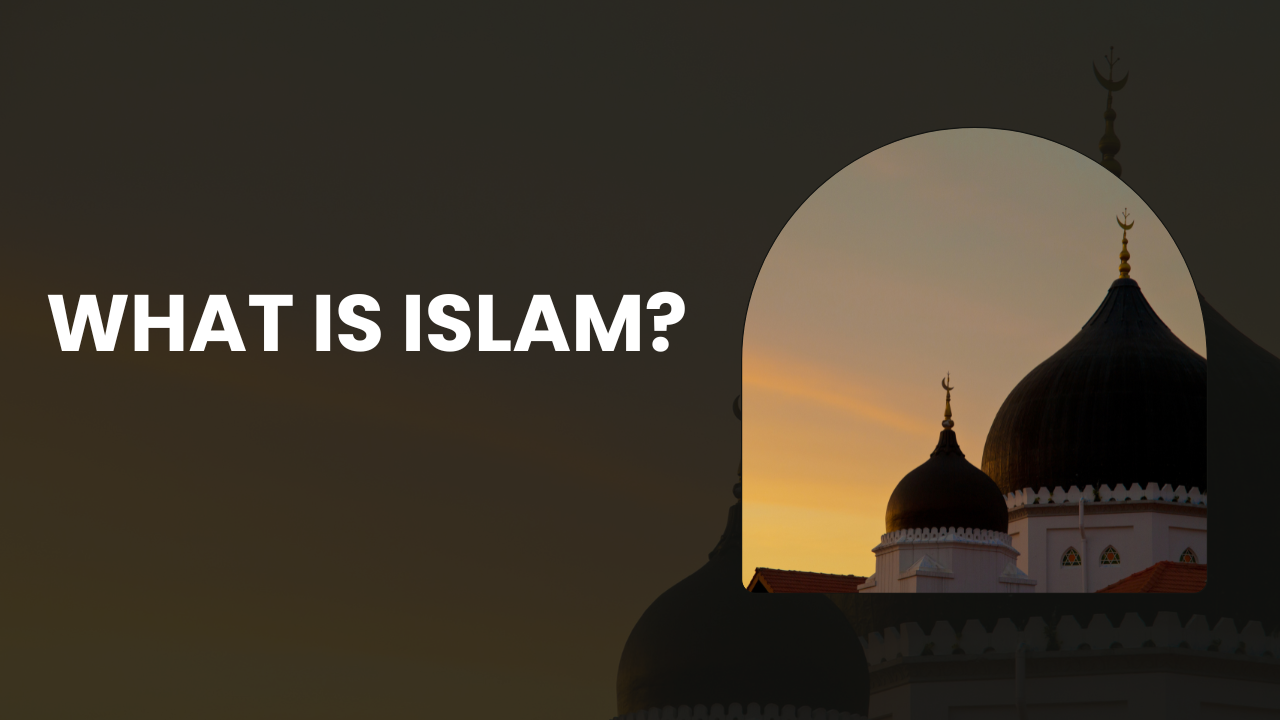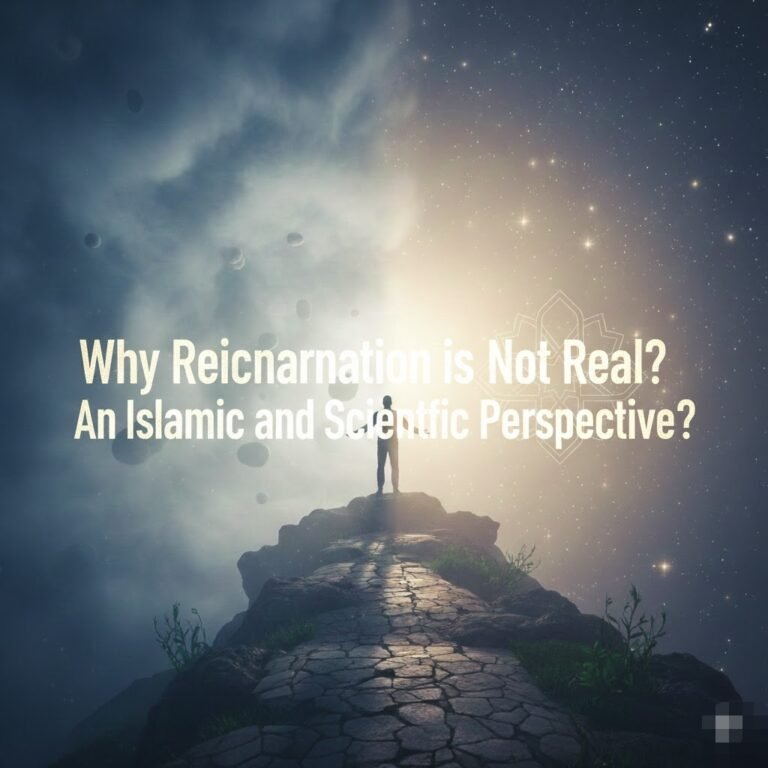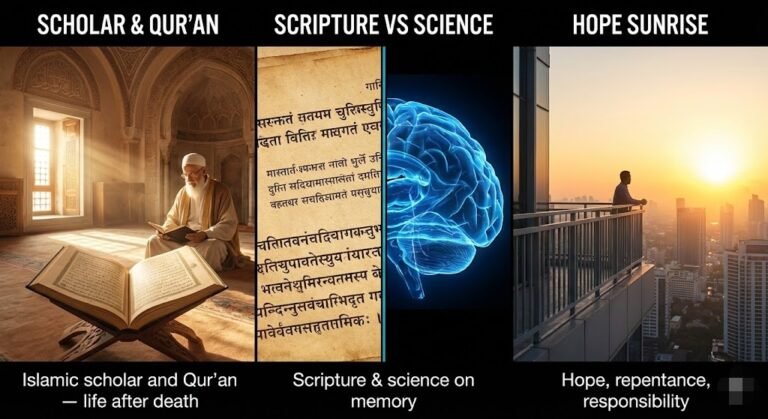🍂 The definition of Islam:
Islam is the path of those who willingly align themselves with the will of God. A Muslim is simply someone who submits to the guidance and authority of the Creator. Far from being a new or recent belief system, Islam is rooted in the timeless message of recognizing the oneness of God and living according to His guidance.
The term Islam itself means complete surrender and obedience to the one true God—who is without partner, equal, or offspring. Central to the faith is the direct bond between each individual and their Creator, without the need for intermediaries or intercessors in acts of worship. This personal and unmediated relationship with God is one of the defining aspects of Islam.
Islam is not in conflict with reason or intellect; rather, it harmonizes with logic and the innate human understanding of truth. It teaches that all people are equal, regardless of race, color, or national origin. The principles that Islam upholds include justice, peace, compassion, and tolerance values that guide interactions with all of humanity.
What makes Islam distinctive is its holistic balance it nurtures both the spiritual and physical aspects of human life. It does not demand a denial of the world, but calls for a life where the soul and body are both respected and cared for within divine boundaries.
One of the most compelling signs of the truth of Islam is the Qur’an itself. With over six thousand verses addressing a wide range of subjects, the Qur’an remains consistent, coherent, and free from contradiction. As stated in the Qur’an (4:82): “If it had been from anyone other than Allah, they would have found in it many contradictions.”
Additionally, Islamic beliefs and rulings resonate with human nature and rational thought. Islam encourages all forms of good that reason supports and forbids harm and immorality that the conscience naturally resists. This harmony with both mind and morality serves as yet another proof of its divine origin.
🍂 So what is the meaning of Islam?




